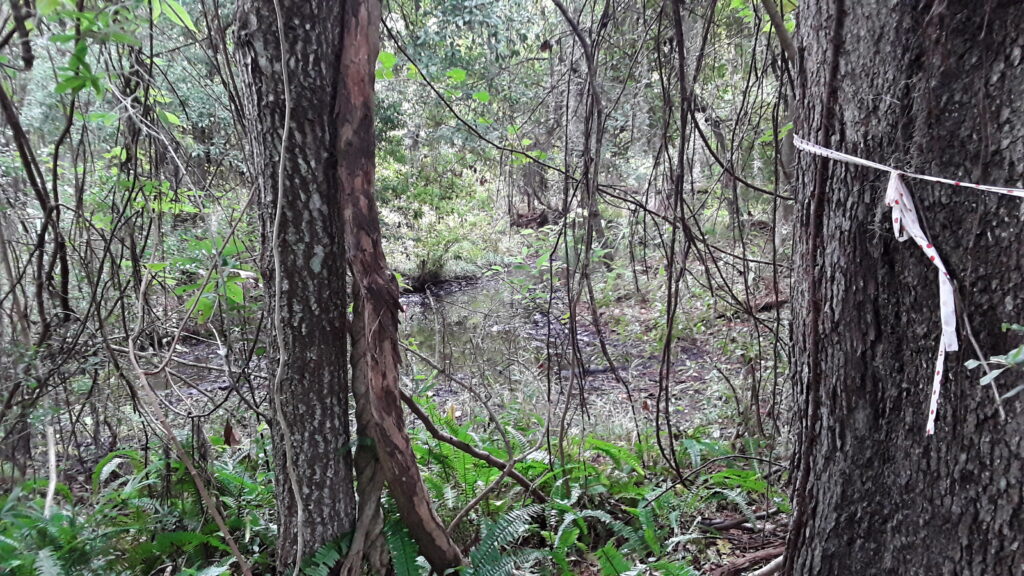
In issuing permits for projects that disturb or alter the Waters of the United States, the Army Corps of Engineers plays a key role in protecting the nation's water under the federal Clean Water Act.
But the Corps repeatedly fails to fulfill its legal obligations to enforce regulations.
The Clean Water Act's [CWA] purpose is to restore the waters of the country – rivers, streams, and – to a lesser extent – wetlands. Defining those waters subject to regulations known by the term "Waters of the United States" (WOTUS) has been controversial. Due to the water-quality benefits of wetlands, there's been growing support for expanding the WOTUS definition to include more wetlands than previously recognized under the law. Under the CWA, the Corps regulates the disturbance and filling of wetlands that are defined under WOTUS.
Unfortunately, agricultural and land development interests have reinvigorated and funded resistance to expanding the regulated area under the CWA. In some cases and in some districts, this political resistance appears to be influencing both Corps permitting and subsequent court decisions, weakening protections of vital public resources and quality of life.
Certain kinds of projects are eligible for permits that are less thorough than requirements for others. For instance, government-funded road projects are eligible for a "regional general permit' [RGP] that can be issued without public review or environmental assessment. Likewise, individual docks that serve a single residential lot are eligible for a "programmatic general permit" [PGP], if they are not located within, or too close to, historic districts, national parks, or other features having special public purposes. A recurring problem is the Corps' failure to conform to the eligibility requirements for these RGPs and PGPs. This inappropriate issuance of special expedited permits removes safeguards provided by regular permitting, such as a public hearing and environmental review.
...continue reading "A Troubling Pattern Of Faulty Regulation On Georgia’s Coast & Beyond"
